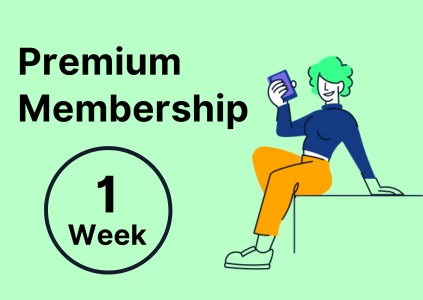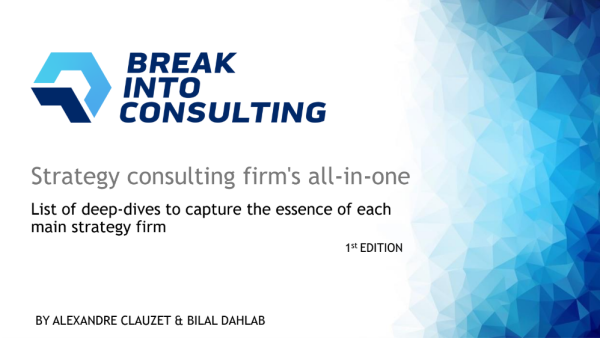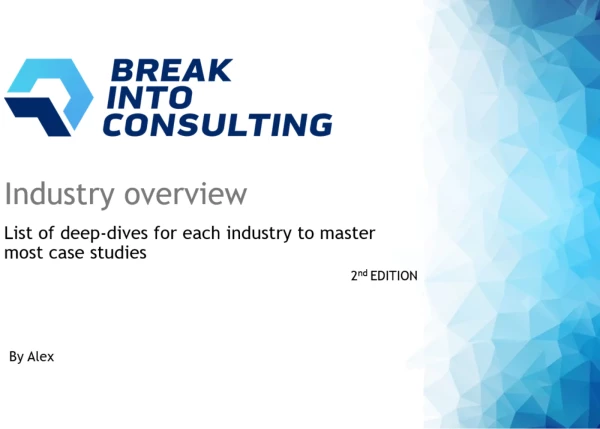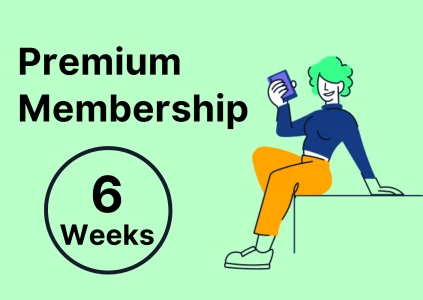Should I propose a hypothesis on the beginning of the case? This sounds stupid if you don't have structure at all and propose a possible solution.
Get Active in Our Amazing Community of Over 451,000 Peers!
This question is read-only because it has been merged with When should I state the hypothesis during a case interview?.
Hypothesis
Overview of answers
Short and simple recommendation: delay the explicit statement of a hypothesis until you have something to ground your hypothesis on! Just stating a hypothesis for the sake of it serves no purpose! Please also have a look at the answers provided to a similar question a couple of days ago: https://www.preplounge.com/en/consulting-forum/what-is-some-example-of-opening-hypothesis-1880
Cheers, Sidi
Hi,
There are two ways to use the hypothesis:
First - presenting a structure using the hypothesis. For example, if you are having a PE (private equity) case, you should do the following:
1) Make classic structure (market, company, competitors, feasibility of exit)
2) Make subpoints (e.g. in market: size, growth rates, profitability, segmentation, etc)
3) Present your 1st level Hypothesis:
- - "In order to understand whether we should invest in Company A, I would like to check that the Market is Attractive, the Company is Attractive, the competition is favorable and we have good opportunities for of exit"
4) Present the main 2nd level Hypothesis:
- "In the market, I would like to make sure that the market is big enough and growing;
- In the company I would like to find additional opportunities for growth;
- In competition I would like to check that the market is fragmented enough;
- Finally, I would like to check if we have potential buyers and can achieve desired exit multiples"
Another way to use hypothesis is using the hypothesis to prioritize your analysis:
1) Make a structure: "Problem in sales may be related to Sales Motivation, Sales Strategy, Sales Coverage, and Sales Process:
2) Prioritize a part of the structure based on your knowledge / common sense / available data: "Taking into account that motivation is the core problem of the sales organization, I would like to prioritize this part of the analysis"
Good luck!
Think of it this way...whether you state it or not, you have a hypothesis. If you didn't, you might look at the colour of the sky to solve a profit problem.
You need to direct your case somewhere. Again, if you didn't have a hypothesis on purchasing a company how would you even begin? When you begin by checking the acquirer's offer or the market growth, you are actually saying my hypothesis is that they should proceed, if the offer is attractive. This links into Vlad's comment.
So if you are doing this, which i guess that you are - tell the interviewer!
Interesting question. You definitely do need a hypothesis fairly early in the case - but I personally do not believe you actually need to state one at the very beginning, before you've even had a chance to ask clarifying questions.
Now - "My hypothesis is" should absolutelybe part of your vocabulary. I have seen a Principal think long and hard in front of our Partner, before saying these 3 words at the beginning of a thought. Consultants say it, show us you can be one of us and speak like us.
Again - you don't necessarily have to start the initial framework by stating a hypothesis - but it should still be implied - and state it fairly early in the case at least. The interviewer is not in your head, and cannot give you credit for what you think but don't say. If you do not state a hypothesis, we will assume you don't have one and deduct points automatically (if not always consciously)
Hope this helps -
Guennael
ex-BCG Dallas






